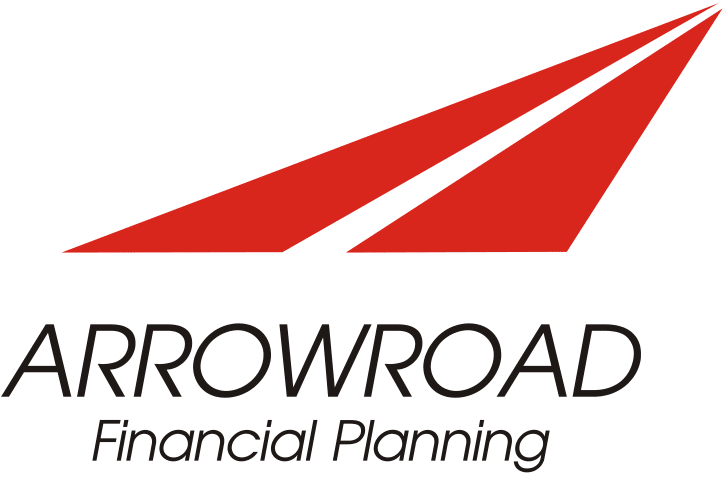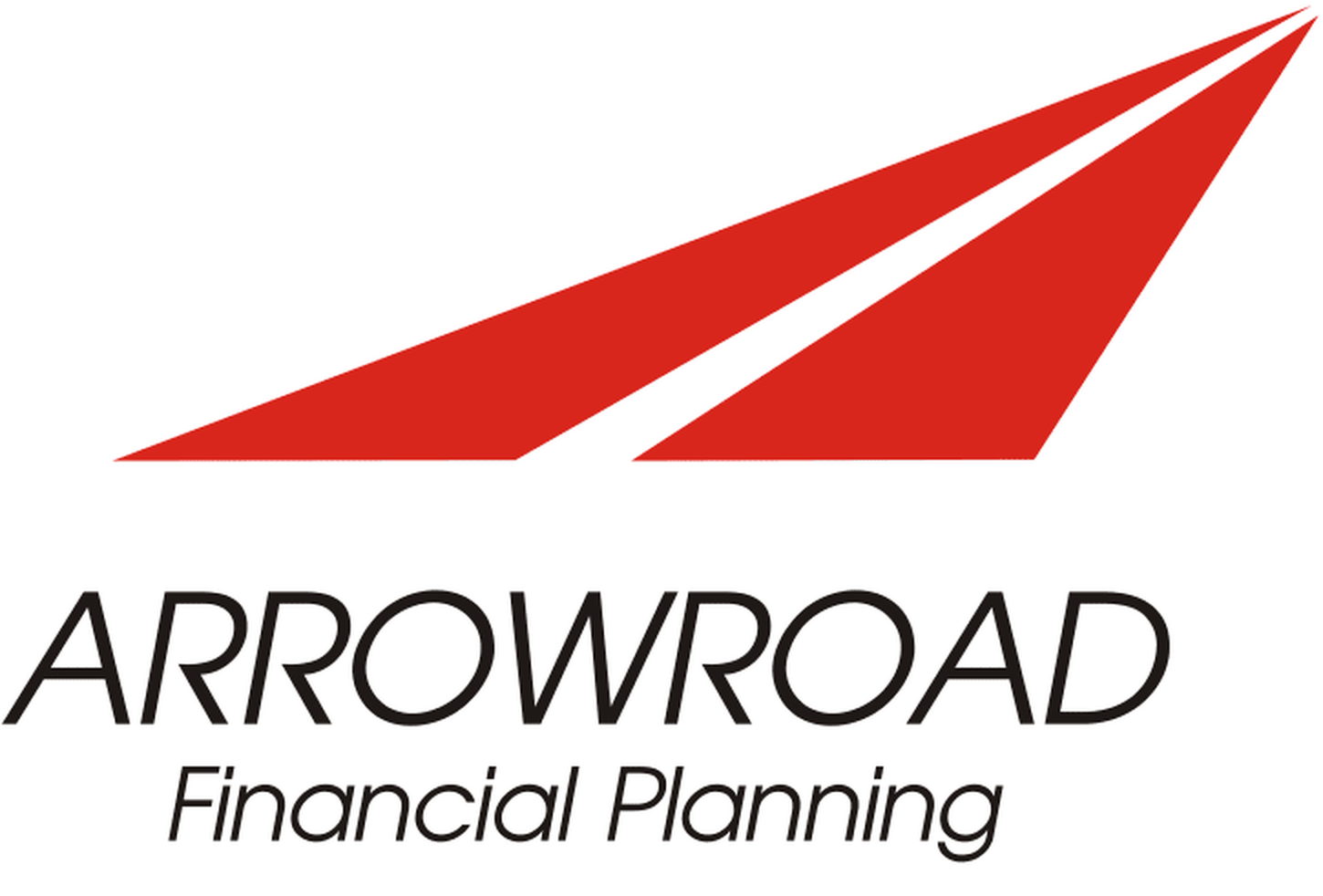From our friends over at Vanguard, explores that SMSF trustees are more confident about their retirement savings than APRA fund members. Discover why in the latest insights from the 2024 Vanguard/Investment Trends SMSF Report
SMSF members are less concerned than APRA fund members about outliving their savings.
Self managed super fund trustees have a high level of retirement confidence in comparison with the general population in Australia, according to the 2024 Vanguard/Investment Trends SMSF Report.
The 19th edition of the annual report, which reflects the trends and demographics of Australia’s SMSF investors, is the most comprehensive survey of this cohort of investors and was conducted between February and March 2024.
This year’s report finds that in comparison to APRA super fund members, SMSF members are far less concerned (34% are not at all concerned) about the possibility of outliving their retirement savings. Breaking this down further, the report finds that retirees are even less concerned about outliving their retirement savings in comparison to non-retirees (47% of retirees vs 24% of non-retirees not at all concerned).
Reflecting the retirement readiness of this cohort, the report also finds a much smaller retirement adequacy gap (7%) in comparison to the 27% retirement adequacy gap expressed by the general population.* Retirement adequacy refers to how much money a person wants to have in retirement versus how much they will have.
Concerns that SMSFs have about retirement primarily relate to regulatory changes in superannuation rules, falls in the financial markets and having enough for extra expenses, and – reflecting the current economic conditions – inflation/rising prices.
Additionally, 36% of SMSFs surveyed intend to retire before they reach the preservation age of 60 years old.
When it comes to thinking about a retirement income product, flexibility of access, competitive pricing, and ability to adjust the size of their income payments are top of mind for non-retirees. For retirees, the ability to access funds for the life of the product, fees, and the ability to leave an inheritance are the three most important features.
Trends
The overall number of SMSFs continues to climb as establishment rates rise and wind ups fall. There are currently about 615,000 SMSFs following the establishment of 29,007 SMSFs as at December 2023 (up from 25,813 the prior year), and only 15,154 wind ups as at December 2022 (down from 17,852 in December 2021).
SMSF trustees are establishing their funds earlier than ever, averaging 46 years at the time of establishment, with an average balance of $320,000. SMSF average balances are also at their highest this year at over $1.5 million, nearly double what the average balance was in 2009.
The desire for control over their investments – interpreted as choice over investment products, control over asset allocation and flexibility – continues to be the primary reason for establishing a SMSF, with achieving better returns, making better investments than an APRA super fund, greater transparency of investments, and tax efficiency making up the other top five reasons.
Building a sustainable income stream and maximising capital growth are priorities.
While an accountant was likely to be the initial influencer for starting an SMSF a decade ago, today’s SMSF trustees are more self-directed than ever, with nearly 40% of them establishing an SMSF after doing internet research.
Advice Needs
The number of non-advised SMSFs is at an all-time high at 475,000, with adviser use at an all-time low despite the previous upward trend over the last three years (140,000 in 2024, down from 160,000 in 2023 and 205,000 in 2019). This year’s report also found that newly established SMSFs are less likely to use advisers than established SMSFs.
This comes as the number of SMSFs without a financial adviser and with unmet advice needs is the highest it has been in the last three years. Further, only 25% of trustees without financial advisers are likely or very likely to seek financial advice in the future.
The top three reasons cited for not seeking advice are the ability to manage their own financial affairs, the perceived high cost of advisers, or not currently needing advice. Previous poor experience with advisers comes a close fourth.
Accountants remain the primary advisers for most established SMSFs, with SMSF administrators the preferred advisers for newly established SMSFs.
Notably, both advised and unadvised SMSFs indicate that guidance in the areas of tax and retirement strategies would be helpful, specifically on the topics of SMSF pension strategies, inheritance and estate planning, tax planning, as well as changes in regulations.
These findings continue to signal the opportunities that financial advisers have in delivering advice that is suited to the needs of SMSF trustees.
It’s been a longstanding view of Vanguard’s that advice can help investors achieve better outcomes in terms of pension strategies, estate planning, and keeping trustees well-informed about regulatory changes and their potential impact.
Reflecting the growing digital world, SMSFs with unmet advice needs are increasingly expressing an interest in digital advice or digital tools with the assistance of a human adviser. The top three areas of interest are SMSF contribution strategies, investing for a regular income, and exchange traded funds (ETFs).
Conversely, the advised SMSF cohort are more likely to use digital tools when it comes to buying an investment property or investing for a regular income.
* Calculated using the expected income (average $5,800) versus the preferred (average $6,200) monthly income by SMSF trustees.
Important information and general advice warning
Vanguard Super Pty Ltd (ABN 73 643 614 386 / AFS Licence 526270) (the Trustee) is the trustee of Vanguard Super (ABN 27923449966) and the issuer of Vanguard Super products. The Trustee has contracted Vanguard Investments Australia Ltd (ABN 72 072 881 086 / AFS Licence 227263) (VIA) to provide some services to members of Vanguard Super. Any general advice is provided by VIA. The Trustee and VIA are both wholly owned subsidiaries of The Vanguard Group, Inc. (collectively, “Vanguard”). The retirement savings tips provided above are general in nature and don’t take into account your personal financial objectives, situation or needs. You should consider your objectives, financial situation or needs, and the Product Disclosure Statement (PDS) and Target Market Determination (TMD) before making any decision about Vanguard Super. The PDS and TMD can also be accessed free of charge by calling 1300 655 101. Before you make any financial decision regarding Vanguard Super, you may wish to seek professional advice from a suitably qualified adviser. Any past performance information is given for illustrative purposes only and should not be relied upon as, and is not, an indication of future performance. The information above is current as at time of publication and was prepared in good faith and we accept no liability for any errors or omissions. ©2024 Vanguard Investments Australia Ltd. All rights reserved.





